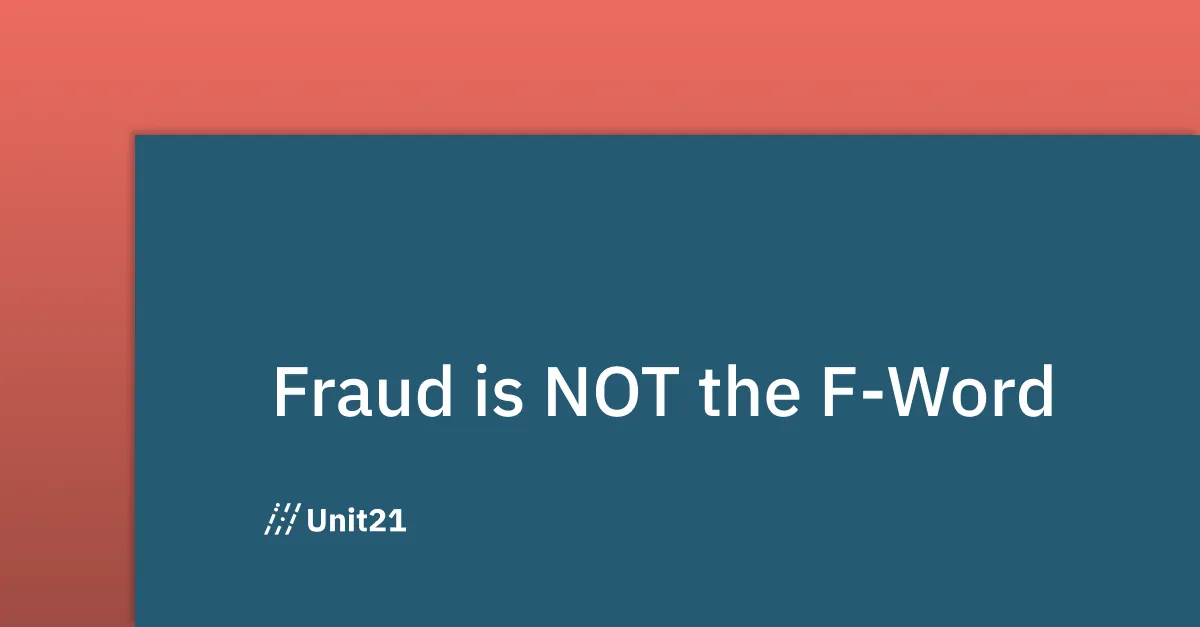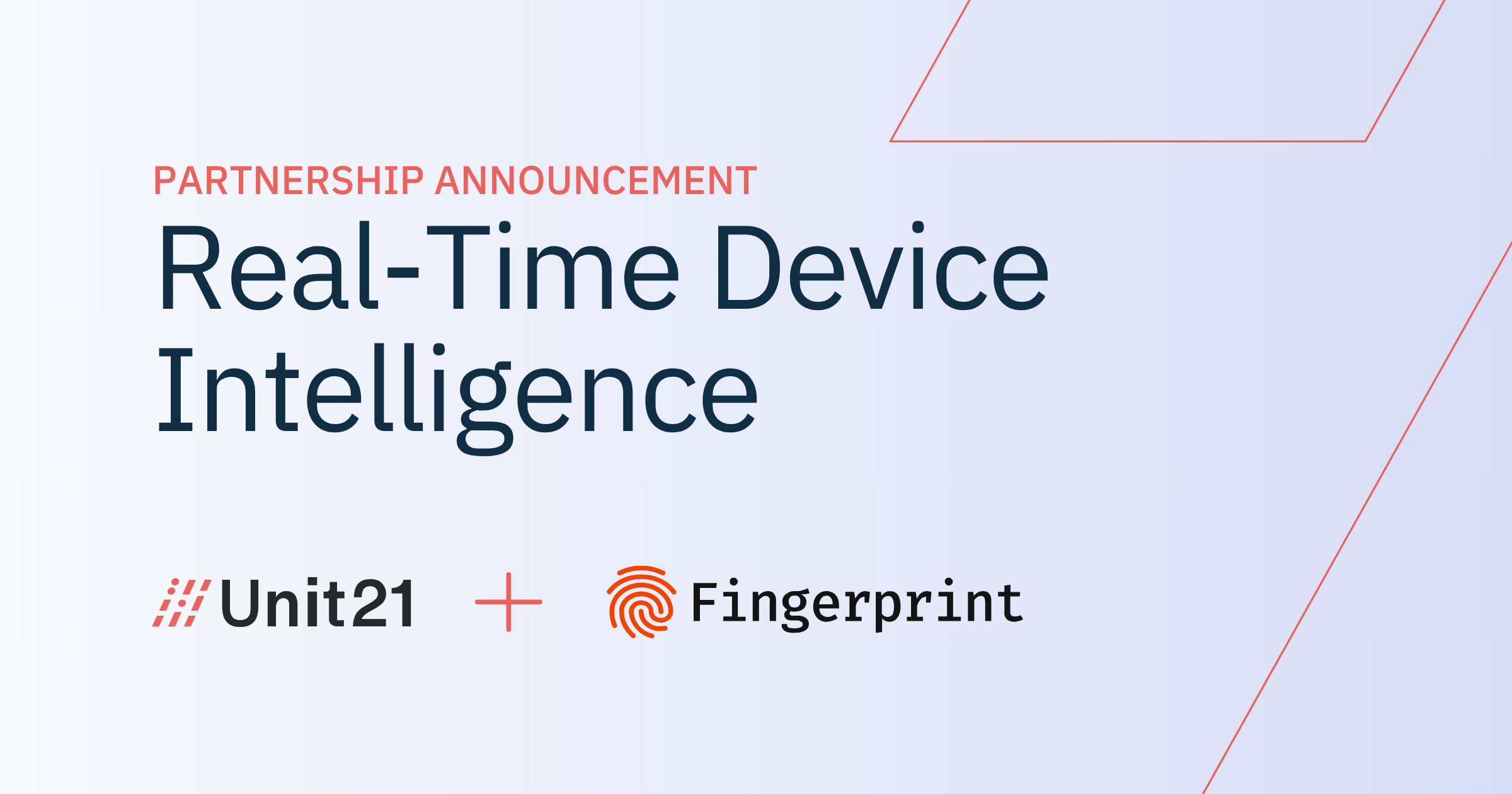

Fraud is a taboo topic in the Fintech world.
Unfortunately, many would rather hide the subject behind closed doors rather than discuss it out in the open.
And there’s no denying it—the term “fraud” holds a negative connotation in today’s society. Even though it is a common occurrence in business (the FTC says that fraud cost consumers $8.8 billion last year, which is up 44% from 2021).
When it comes to FinTech in particular, current statistics show that Fintech companies experience an average fraud rate of 0.30%, which is twice as high as the credit card fraud rate (0.15 to 0.20%) and triple the debit card fraud rate (0.10%).
Yet, talking about it is still avoided by organizations in the financial services industry.
Many organizations seem to view fraud as the “f-word,” a bad expression that should never be publicly uttered for fear of reputational ruin.
But as fraudsters continue to become more advanced, those in Fintech and financial industries need to understand the associated risks and what steps they can take to prevent fraud from impeding growth.
And that means ceasing to view fraud as the f-word and discussing the problem openly because this information does not yet exist outside the siloed walls of each individual organization.
As Supreme Court Justice Louis Brandeis once said,
“Sunlight is said to be the best of disinfectants.”
This adage of transparency is an indication that our best collective defense is to collaborate and share knowledge. This way, we can keep evolving our strategies to stay ahead of the game.
Fraud prevention is not just a matter of competitive advantage, it's a collective responsibility. And when it comes to strengthening fraud prevention, a critical initiative is transparency, through the sharing of both data and knowledge.
Why FinTechs Should Share Knowledge & Data
One of the strangest aspects of our industry is how resistant companies are to collaborating with other companies to prevent fraud. And the people profiting most from this are fraudsters. Banks and consumers are projected to lose $48B this year to fraud. (...That's a great business for fraudsters!)
Unsurprisingly, there is a bit of a stigma around the idea of sharing data. But by combining and analyzing data from multiple sources, FinTechs can identify common fraud patterns, detect anomalies, and develop a more robust detection model.
Collaborative data analysis can help uncover sophisticated fraud schemes that might be challenging to detect with individual datasets. If organizations can identify potential threats proactively instead of reactively, the chances of successful prevention are much higher.
We interviewed Brad Epstein, Head of Financial Crimes Compliance at Prime Trust to get his thoughts on this topic, and he notes that FinTechs shouldn’t be playing in an environment where the thinking is,
“Well, as long as it's not on our platform…”
Because it still means it's still occurring on someone else's, which is bad optics for the industry at large. Consumer trust in FinTech products is impacted if fraud is occurring on anyone’s platform.
FinTechs must get into the practice of sharing information about known fraudulent activities, suspicious patterns, or emerging threats externally to help the industry at large.
Why Fraud Can't Be Seen as the F-Word
Ultimately, fraud cannot be seen as the f-word. In the world of Fintech, it's crucial to take a proactive stance.
To support this objective of surfacing shuddered strategies, tactics, processes, and best practices, Unit21 has been heavily invested in projects like the Fintech Fraud DAO, (a network of financial institutions that pool their data to help identify patterns of suspicious behavior in real time) and the Fraud Fighters Manual, which has been authored by fraud experts from Brex, Mercury, Lithic, Pinwheel, Treasury Prime, Nibiriu, and Unit21 (that you can download for free here).
These initiatives focus on this concept of collaboration by bringing businesses together to provide valuable insights into emerging fraud trends and mitigation strategies, effectively shining a light on bad actors who want nothing more than to hide in the shadows.
Together we must dismantle the barriers that prevent us from taking collective action. Fraud is not just a balance sheet problem. It is one of the biggest hindrances to progress.
Only then can we gain ground in this ever-present battle.
This piece was originally produced for Empire Startups: a community platform that focuses on bringing diverse voices to the table and highlighting unique viewpoints.
Subscribe to our Blog!
Please fill out the form below:
Learn more about Unit21
Unit21 is the leader in AI-powered fraud and AML, trusted by 200 customers across 90 countries, including Green Dot, Chime, and Sallie Mae. One unified platform brings detection, investigation, and decisioning together with intelligent automation, centralizing signals, eliminating busy work, and enabling faster responses to real risk.






.webp)
.png)
